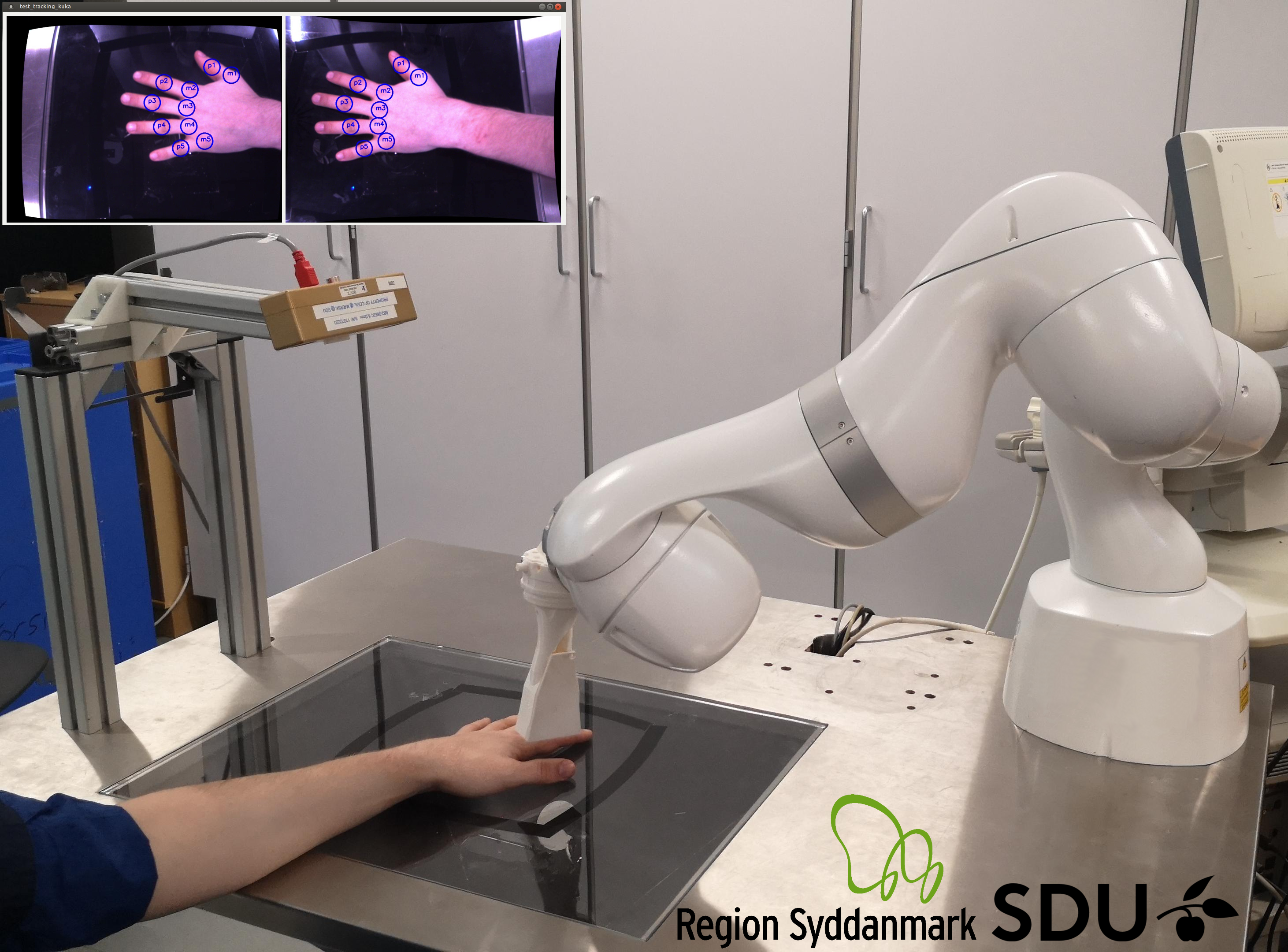Health Informatics & Technology
Highlighted projects
AI & Health projects
The efficiency of pharmaceutical therapy in patients with generic generalized epilepsy can be determined by monitoring, i.e. with EEG. The project pursues the development of video-based analysis, thereby providing feasible, non-invasive and comfortable long-term monitoring to determine treatment response.
Click here to learn more about AI Supported Epilepsy Diagnosis.
for Occupant-centric Behavior Modeling and Estimation” including methods for sensor-based estimation of human daily activities and clothing patterns.
The purpose of the project is to run AI algorithm in the electronic chips inside the capsule robot, so that this robot can process the captured images locally and only transmit out the images with diseases.
The aim of this study is to develop a deep learning algorithm based on convolutional neural networks (CNN) for autonomous detection of Crohn’s Disease in the small bowel and colon.
Kerteminde Municipality has benefited from analysing the circadian rhythm of citizens with a dementia disorder. A small patch on the back collects data about the citizen's movement pattern – and based on this, staff can adapt activities and care. This provides better well-being for citizens and better working conditions for the staff.
This project aims to investigate, how artificial intelligence can be applied in clinical settings, and based on risk-estimates, used to predict patients in high risk of lung cancer, patients in high risk of experiencing relapse of lung cancer after treatment, in order to offer qualified personalized treatment.
To develop and apply innovative image processing and AI methods on patients’ videos, to discover tiny changes in external body features and identify which ones can be used as novel early markers of diabetes mellitus and specific diabetic complications.
Click here to learn more about Diabetes and Diabetic Complications.
Development of machine learning algorithms for prediction of cancer and other serious conditions.
To develop and validate an AI-based clinical decision aid for use in primary health care to accurately predict advanced fibrosis at an early stage, in patients with fatty liver disease.
The ’HJERTERO’ ("Calm Heart") project will utilise the unique national patient registries in Denmark to develop a data-driven prediction model to support detection of patients with coronary heart disease who are at increased risk of developing anxiety or depression. We will develop a solution that considers both patient preferences, opportunities and barriers, while also providing a tool to support the healthcare staff’s daily clinical operations. We will help the many patients at risk of mental complications, and the solution will support equal access to healthcare by ensuring the same diagnostics and support independent of where the patient lives.
Together with “Teknologisk Institut”, the SDU Software Engineering section is running a project on how human-centered AI methods can help occupants make better everyday choices about seating to optimize their well-being.
In the Intelligent Health Record project, algorithms based on artificial intelligence continuously find relevant symptoms and conditions in the health record and present them to the doctor. The project is an interdisciplinary collaboration between Odense University Hospital and the University of Southern Denmark. The vision is to help patients with early diagnosis so that correct treatment can be initiated immediately which leads to a better prognosis.
The aim is to test and validate the effect of a sentinel algorithm applied on health care data for early recognition of elderly community-dwelling adults at risk of acute hospital admission. A stepped-wedge randomized controlled study has been launched in Odense, Kerteminde and Svendborg municipalities as part of an industrial PhD project. First results are expected by the end of 2021.
The aim of the project is to detect polyps as intestinal lesions from images and video streams based on digital image processing methodologies. The results will aid physicians grading them in a fast, accurate, and reliable manner, and prescribing patients with appropriate treatment.
To develop a non-invasive, image-processing based method, able to measure small variations in facial vessels; and investigate its ability to early predict the onset of preeclampsia.
Together with OUH and SUND, SDU Health Informatics & Technology is currently developing a predictive model for detection of alcohol use disorder.
The study combines the coronary artery calcification score together with biomarkers and socioeconomic status to improve the prediction of cardiovascular events in asymptomatic subjects. The study supports clinical decision making and thus the treatment due to specific, individual prognoses.
Click here to learn more about Risk Estimate for Cardiovascular Events.
Robotic platform for clinical application with ultrasound for arthritis patients to evaluate the disease score in images. This project is a collaboration between Svendborg Hospital, OUH and SDU Robotics.
This project is a collaboration between the department of Gynecology at OUH, Aarhus University and SDU Robotics. It researches in surgical robotics for oncology patients where AI instruments are used for 3D reconstruction of the surgical motions.
The aim of this project is to build a fully automated melanoma recognition system, which will correctly categorize image samples of human skin lesions.
Click here to learn more about Skin Lesion Classification and Melanoma Detection.
Two software engineering students from SDU have developed an app that uses thermal imaging to calculate the difference in temperature between a patient’s nose and corner of the eye. A consultant doctor in emergency medicine believes that thermal imaging could be the future when it comes to detecting critically ill patients.
Implementing a Smart and Secure Camera Pill Using an edge detection algorithm to detect the significant images to improve efficiency of RF data transmission to extend battery life.
The research is conducted by
Click on a box to learn more about each section
See also
The Maersk Mc-Kinney Moller Institute University of Southern Denmark
- Campusvej 55
- Odense M - DK-5230
- Phone: +45 6550 7380
- Fax: +45 6615 7697
Last Updated 22.11.2024

